Romania renegotiates its National Recovery and Resilience Plan with the EU
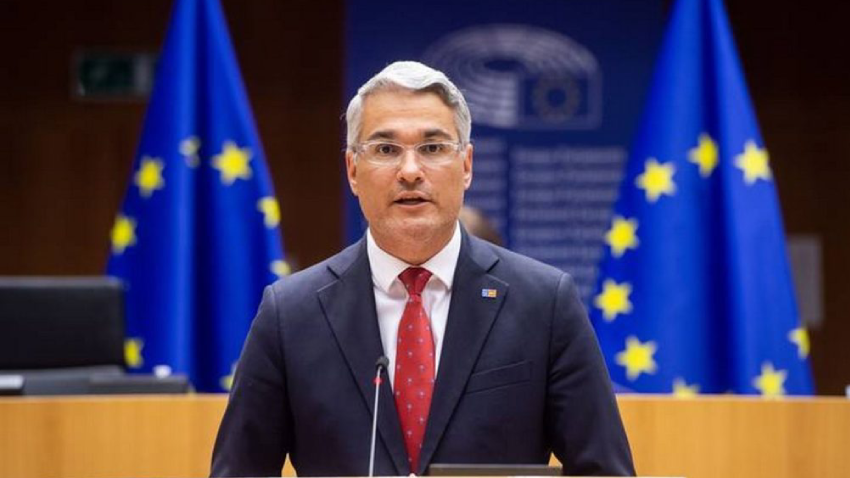
The European Commission has approved a new version of Romania's National Recovery and Resilience Plan, announced Minister for European Funds Dragos Păslaru, quoted by AGERPRES. The new value of the revised plan is 21.41 billion euros, of which 13.57 billion euros are grants and 7.84 billion euros are loans. The previous size of the plan for Romania was over 28 billion euros.
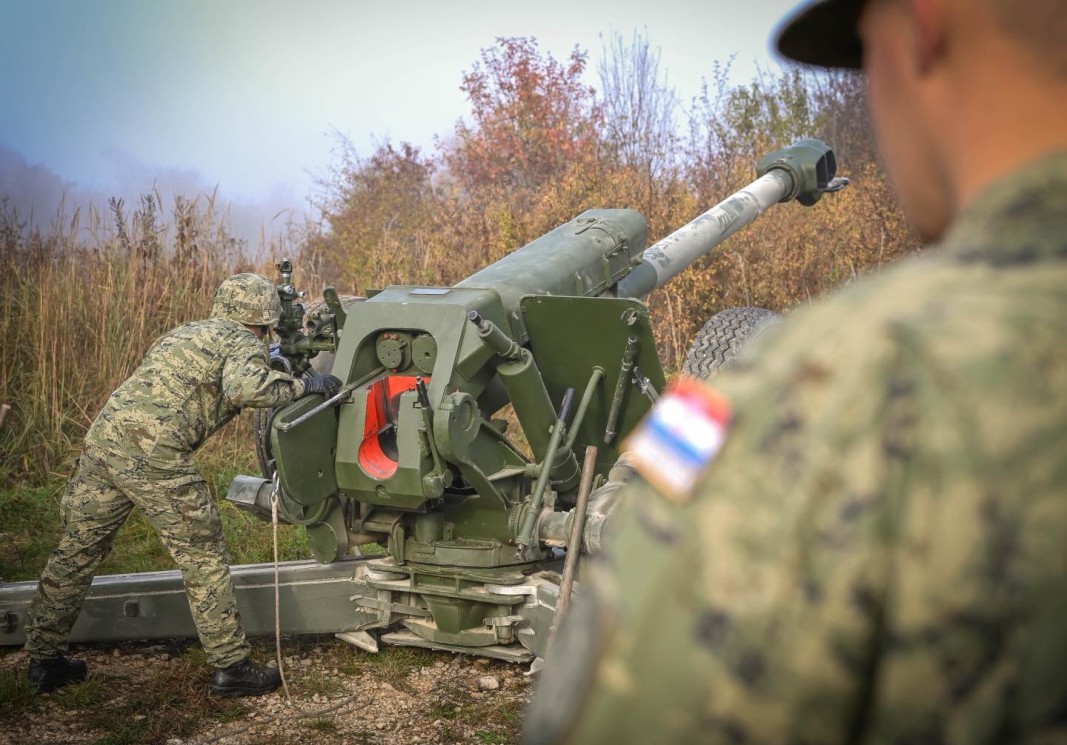
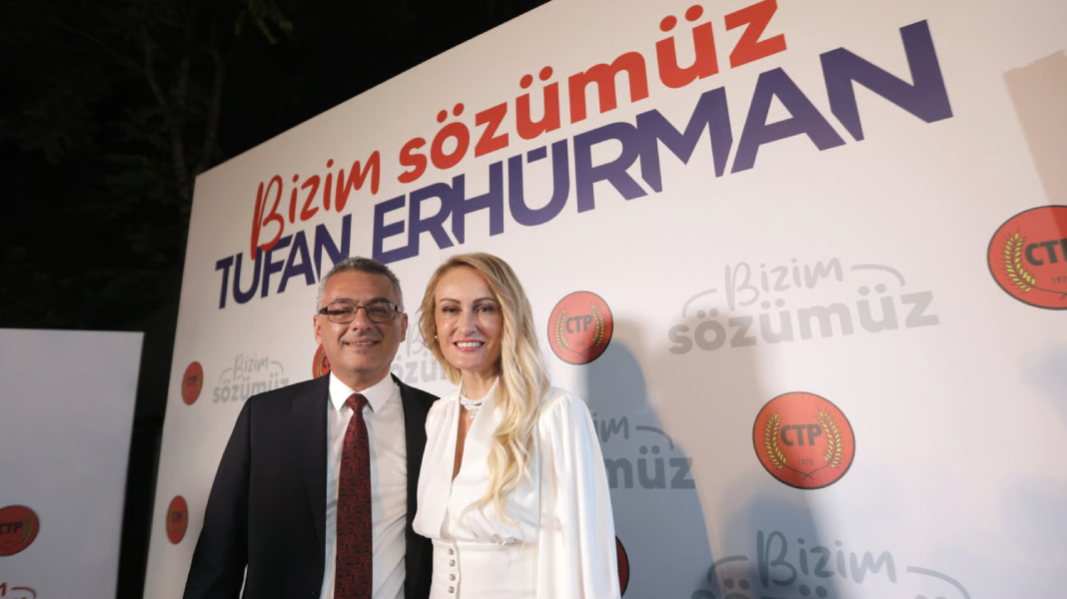
Turkey seeks to attract workers from Turkic-speaking countries
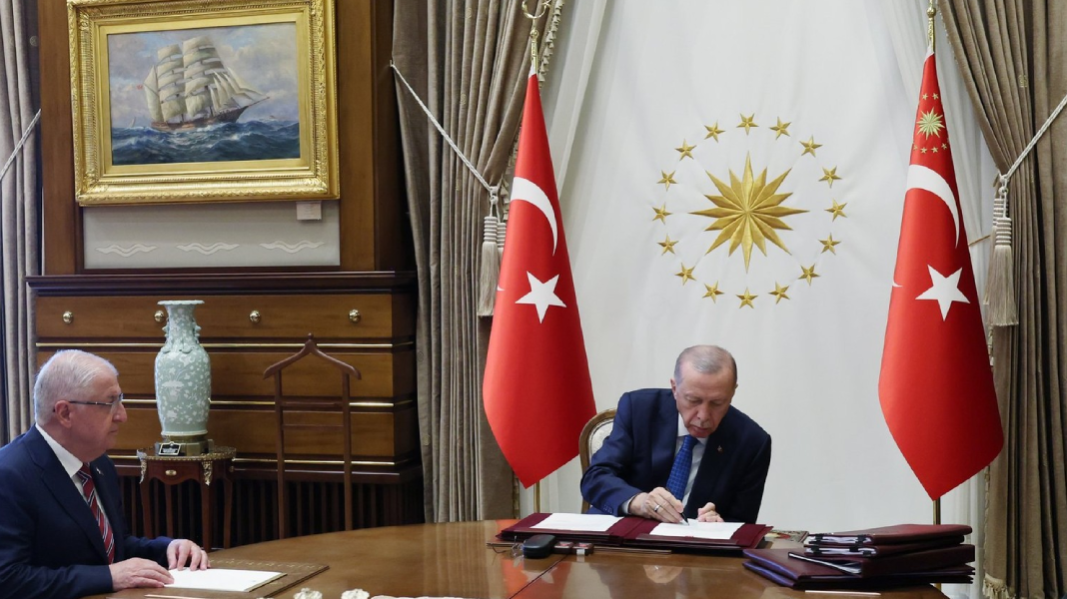
A decree by Turkish President Recep Tayyip Erdogan has introduced a new status for members of Turkic communities living in Turkey, trthaber.com reported. They will no longer be considered "foreign citizens" in terms of the labor market and will receive a number of benefits.
According to the General Directorate of Migration, as of 2020, the number of foreigners of Turkic origin in Turkey is over 1,333,000 people.
Montenegrin city of Niksic to be European Capital of Culture
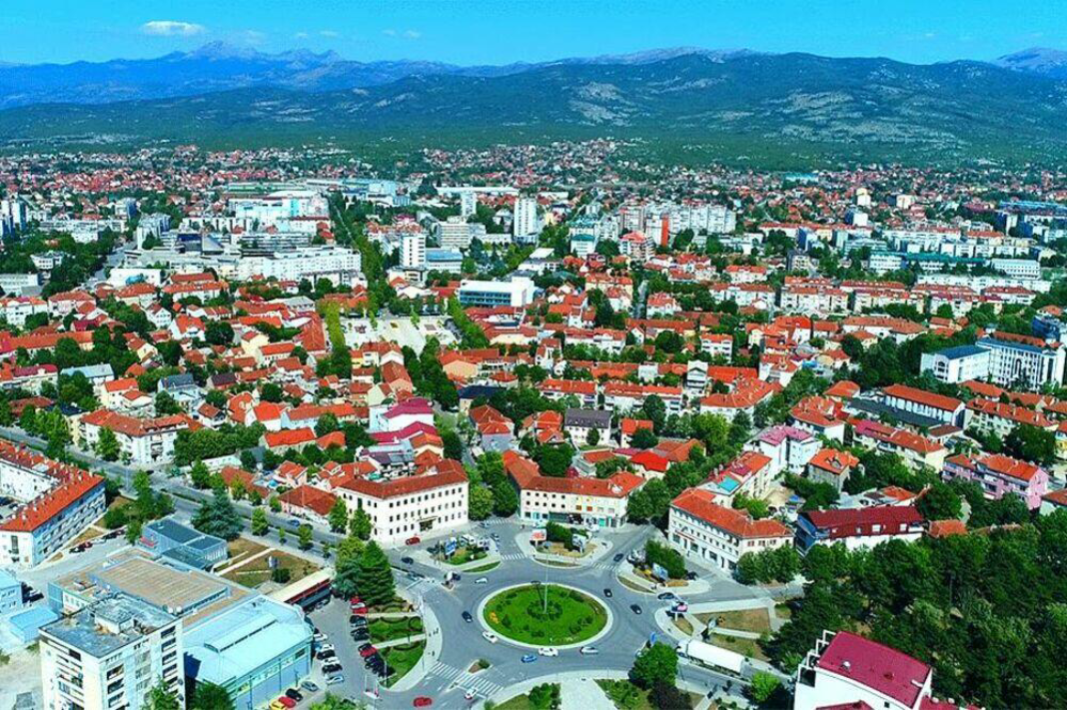
The city of Niksic in Montenegro has been chosen as the European Capital of Culture in 2030. The jury of the European Commission preferred it over the Ukrainian Lviv, BTA reported.
Compiled by Ivo Ivanov
English publication: R. Petkova
The Bulgarian minority in Romania marked a significant event with the official opening of the Bulgarian Inn in the village of Izvoarele (Hanul Bilgarilor), Teleorman County (Southern Romania)- a locality with Bulgarian roots dating back over 200 years...
The 14th edition of DiVino.Taste, Bulgaria’s leading forum for wines and winemakers, will take place from 28 to 30 November at the Inter Expo Centre in Sofia. Over 80 producers from all wine regions will participate, offering tastings of around 600 of the..
Minutes before the second and final reading, at the parliamentary budget and finance committee, of the state budget for 2026, the leader of the biggest party represented in parliament GERB Boyko Borissov halted the procedure and sent the draft bill..

+359 2 9336 661
